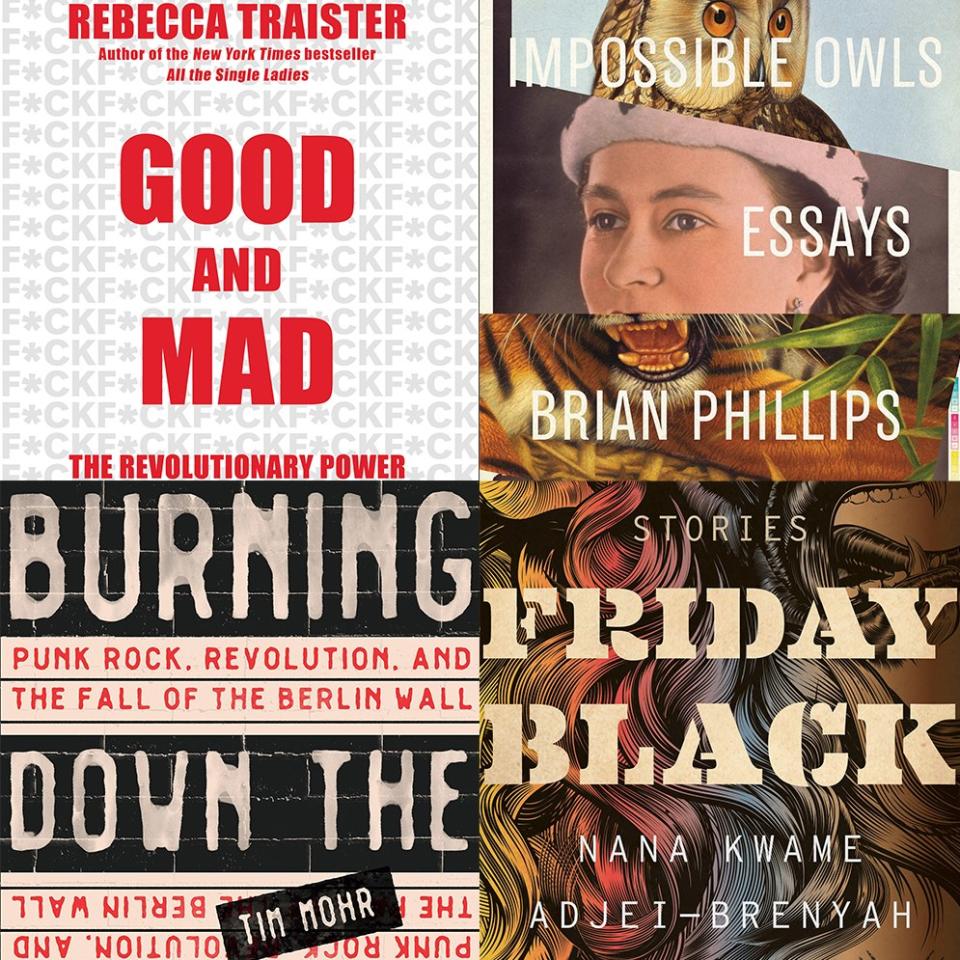Looking for Something to Read? Here Are 4 New Books Vogue Editors Are Loving Right Now
It's fall reading season, which means cozy weekends curled up with a new book. But which new book? It's a perennial, endlessly renewing question—and here are four new ones that have kept us absorbed, enthralled, and ready for more.
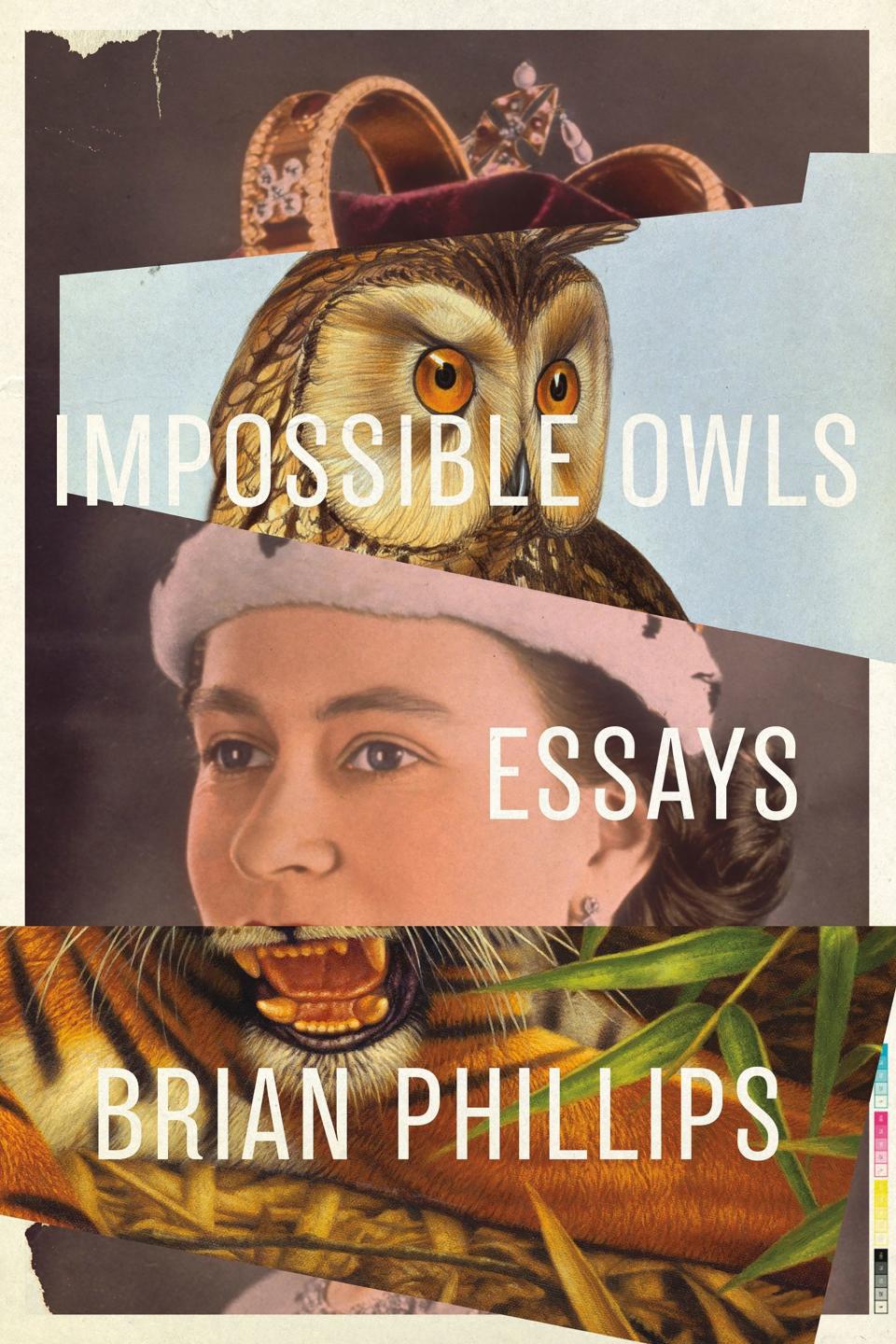
Impossible Owls: Essays by Brian Phillips
I've been waiting for Brian Phillips's essays to appear in book form since he broke out as a bravura writer for now defunct sports-and-pop-culture site Grantland—and specifically since his tour-de-force report on Alaska's Iditarod appeared in 2013. That piece topped 18,000 words, which is a lot of time to spend staring at your screen. Here it is at the start of Phillips's excellent debut collection, Impossible Owls, and it's a stunner: brainy, thoughtful, adventurous, insightful about loneliness and frontier mentality and almost freezing to death. Phillips is a long-form journalist of the old-school, a deep research artist, and a killer stylist. His digressive and frequently hilarious explorations of subjects like sumo wrestling, tigers in India, The X-Files, and Queen Elizabeth II recall the work of John Jeremiah Sullivan and the late David Foster Wallace, with a dash of Janet Malcolm. Impossible Owls is an absorbing and totally distinctive exploration of wildly disparate corners of our world. —Taylor Antrim, Executive Editor
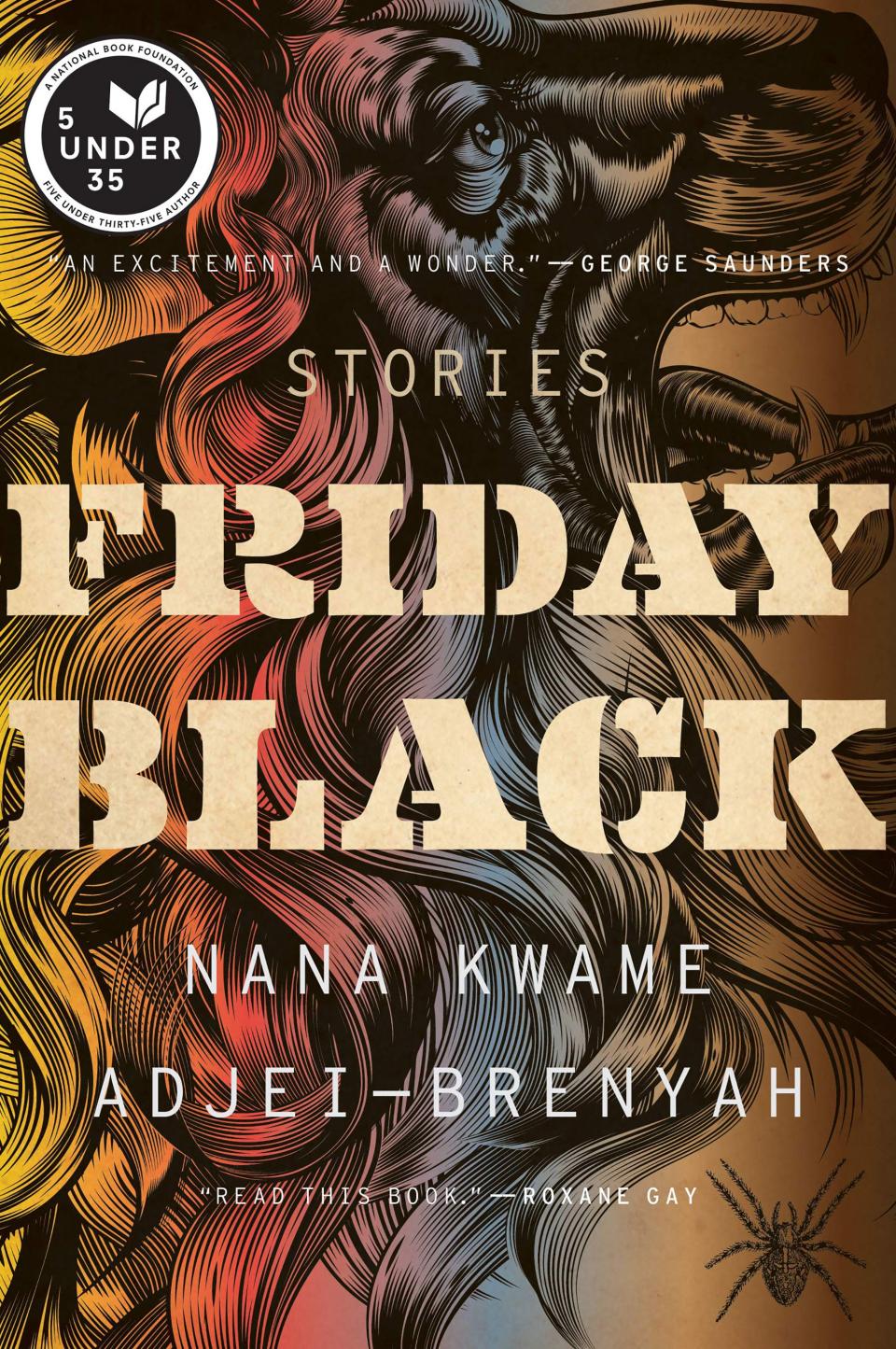
Friday Black by Nana Kawame Adjei-Brenyah
This pitch-dark, brutal, occasionally—mercifully!—funny collection of stories takes on the insidious nature of racism and the horrors of capitalism in equal measure and somehow ends up hopeful on the other side. Friday Black is enraging, it's inventive, and I would call it "necessary reading for 2018", but that makes the whole thing sound way more dutiful than it is. Much like living through this year, the experience of reading Adjei-Brenyah's debut can be harrowing, but it's ultimately a pleasure to be in the company of a new voice as exciting as this. — Alessandra Codinha, Culture Editor
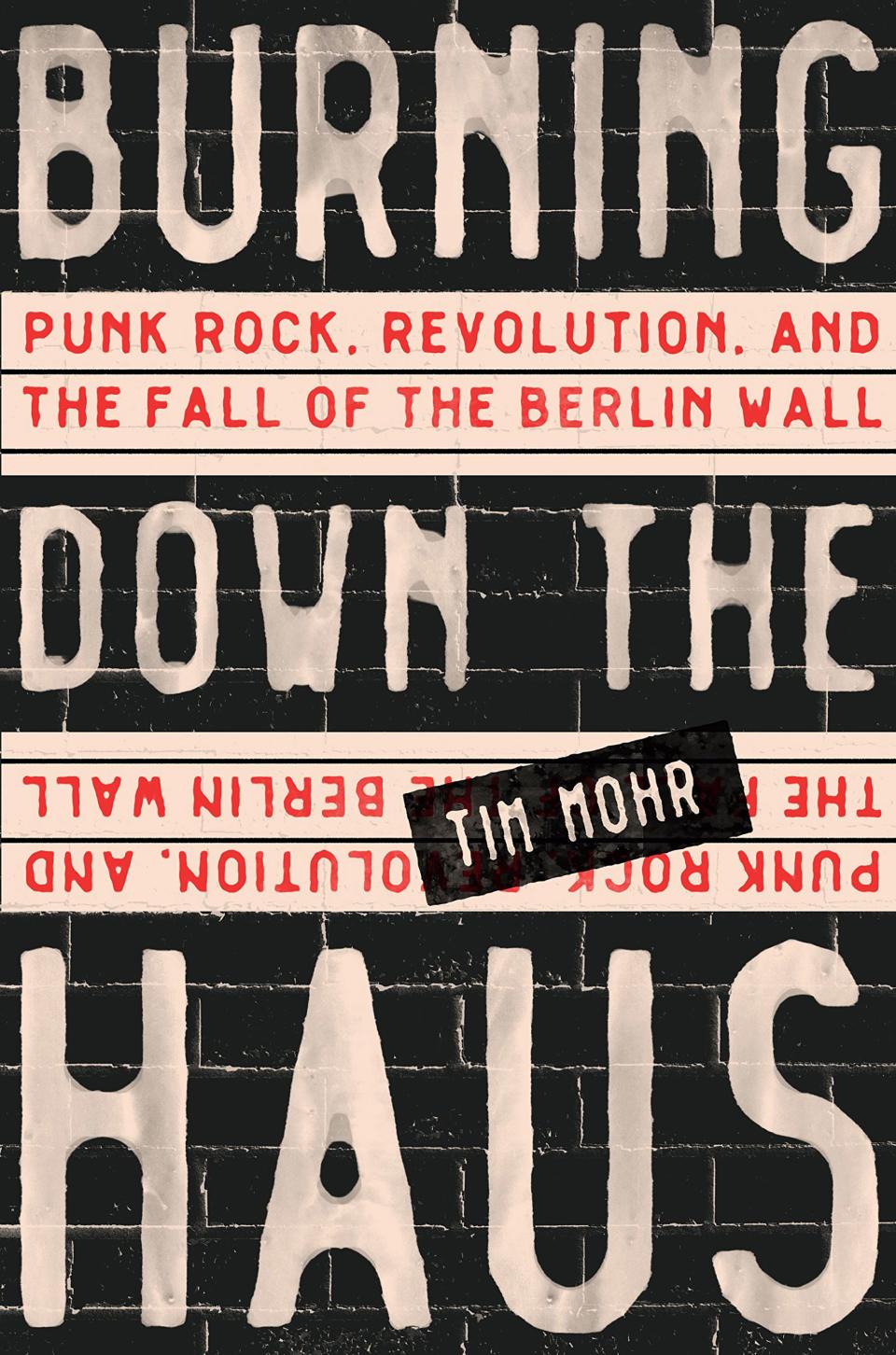
Burning Down the Haus: Punk Rock, Revolution, and the Fall of the Berlin Wall by Tim Mohr
There’s certainly no shortage of good punk books, from memoirs and autobiographies to masterful can’t-miss histories. Still, Tim Mohr’s Burning Down The Haus: Punk Rock, Revolution, and the Fall of the Berlin Wall, is a joy in the way it brings back punk's fury and high stakes. Mohr—a writer and translator and former club DJ in Berlin in the early 90s—has spun a thrilling tale of young kids on the wrong side of the Wall in the late 1970s who, having taped punk songs off West German radio and shared them with friends, soon found themselves gathering together to demand, at first, simply the right to be themselves. Stirb nicht im Warteraum der Zukunft was what they were soon spray-painting around the city: Don’t die in the waiting room of the future. “It was a battle cry,” Mohr writes: “Create your own world, your own reality.” Soon they formed their own Punkrat (or punk council) to organize their growing numbers and to better counter the East German Stasi, who set out to imprison and disperse them to far-flung areas of the country. While Mohr is careful to note that an epochal upheaval like the fall of the Wall can’t be credited simply to a relatively small group of early adopters, his book makes a convincing—and wildly entertaining—case that without the punks to light the first sparks, Reagan’s much-ballyhooed “tear down this wall” speech would have been as roundly ignored around the rest of the world as it was in both East and West Berlin at the time. —Corey Seymour, Senior Editor
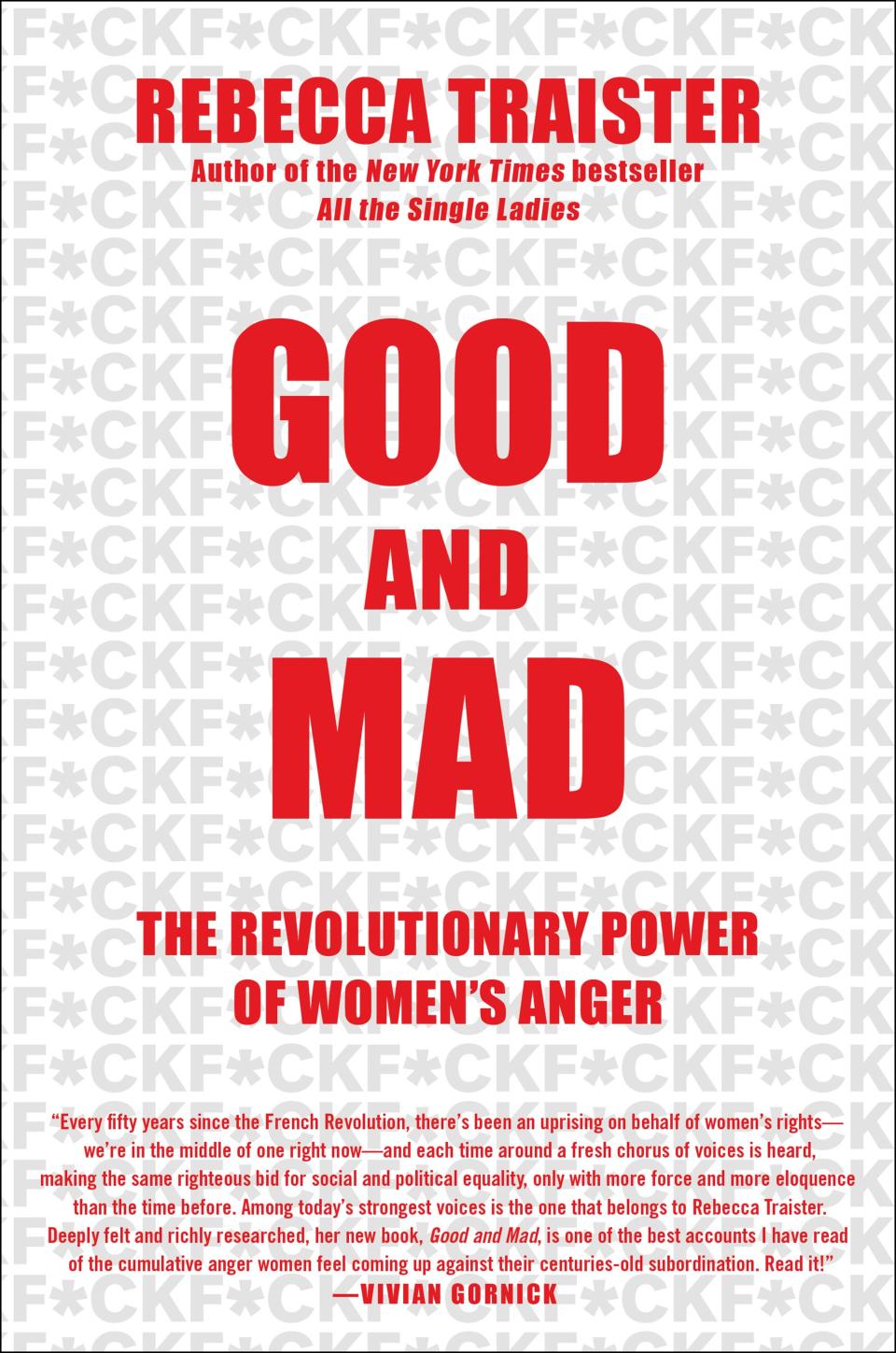
Good and Mad: The Revolutionary Power of Women’s Anger by Rebecca Traister
Let others have their fear, I’ll take my anger. Rebecca Traister’s new book is the kind of galvanizing read that you want to press into the hands of every disillusioned, dispirited, and fed up woman in your orbit. Traister has become one of the most prominent voices—if not the voice—of twenty-first-century feminism, for her insightful, timely responses to the injustices and insults still suffered all too frequently by women and other disadvantaged populations. Here she takes that simultaneously wise and cutting sensibility and applies it to both recent (and not-so-recent) events. If journalism is history in real time, here is a journalist writing history—with just enough distance and context to inform and contextualize, but without losing the animating fires that we so greatly need in our public discourse. —Chloe Schama, Senior Editor
